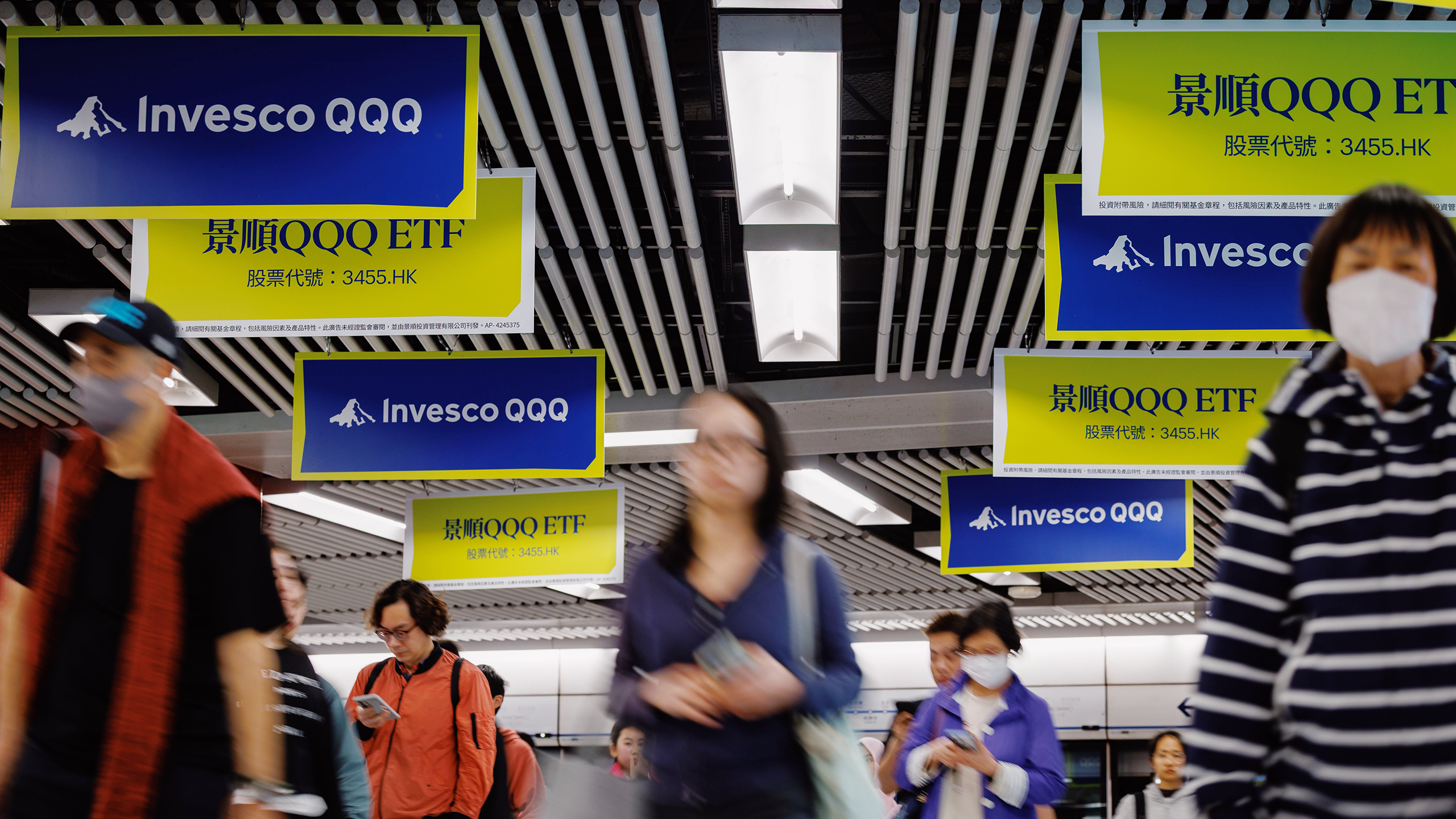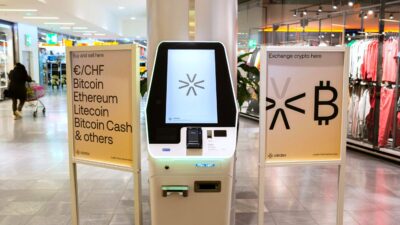Why Invesco Wants QQQ to Become an Open-End Fund
The asset manager has asked the SEC to make QQQ an open-end fund, which would benefit Invesco and its shareholders.

Sign up for exclusive news and analysis of the rapidly evolving ETF landscape.
Invesco QQQ Trust is one of the most profitable ETFs on the market today. Not so much for Invesco.
The firm filed Thursday with the Securities and Exchange Commission to change QQQ from a “unit investment trust” — a structure unique to it and a handful of other long-standing ETFs — to an open-end fund. The change would enable Invesco to earn more revenue from the $355 billion fund and give it authority over spending, roughly a quarter of which has gone toward marketing. If the request is approved, both Invesco and shareholders could see a long overdue windfall, increasing shareholders’ earnings by up to $70 million, according to Morningstar analyst Bryan Armour. The change is also expected to bring down the expense ratio for one of the most popular ETFs on the planet.
“Because QQQ has grown to be such a massive ETF… that has really increased that marketing budget, and that’s why we see QQQ sponsoring so many different events, and sports, and stadiums, and all sorts of things,” Armour said. “What this [filing] does is it gives them discretion over how to spend that fee revenue, with the expectation that they would probably keep more of that for themselves.”
Reve-Q
The QQQ saga began when the Nasdaq launched the fund in 1999 as a UIT, an “an obscure structure” dating to the early 90s, per Bloomberg. In the early 2000s, the index transferred ownership to Powershares, Invesco’s owner at the time. If approved, the move would make Invesco QQQ’s trustee, replacing its current trustee, BNY Mellon, and making the company the fund’s investment adviser. The move would also lower the fund’s expense ratio by 2 basis points to 0.18% — money that would go back to QQQ shareholders. The fund itself already earns $711 million in revenue each year, with about $180 million of that going toward marketing. The rest is split between BNY Mellon and the Nasdaq. “They would still, I’m sure, do marketing, but any cut to that marketing spend would basically be profit,” Armour said. “The stock price is up almost 15% [on Friday] for Invesco as a result, because that’s a considerable increase.”
- Invesco’s QQQ Trust Series 1 fund has $355 billion in assets under management, making it the fifth-largest ETF by assets under management. The current expense ratio is 0.2%.
- QQQ is currently up 10% year to date YTD as of Friday afternoon.
Finally. So, why is Invesco just now hopping on the open-end fund train, given that most of the other ETFs on the market are already classified that way? Armour said the reasons are twofold: to benefit Invesco and to enrich investors. “It’s an opportunity for investors to get a fee reduction, and then also QQQ can do securities lending and dividend reinvestments, which it couldn’t do previously in the UIT structure,” he said. “I think it’s a win for Invesco and investors.”











